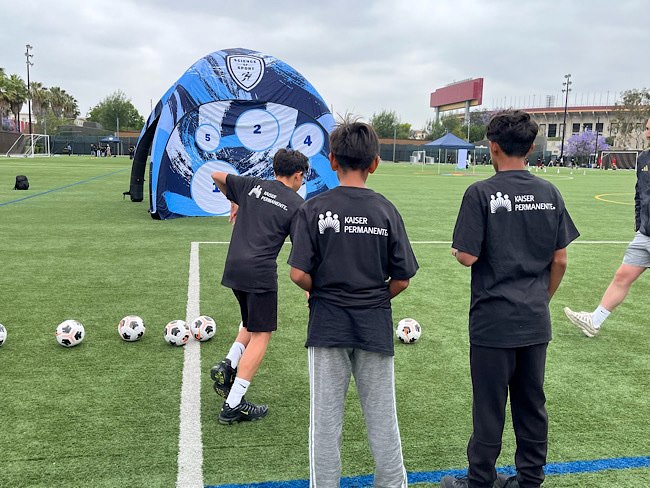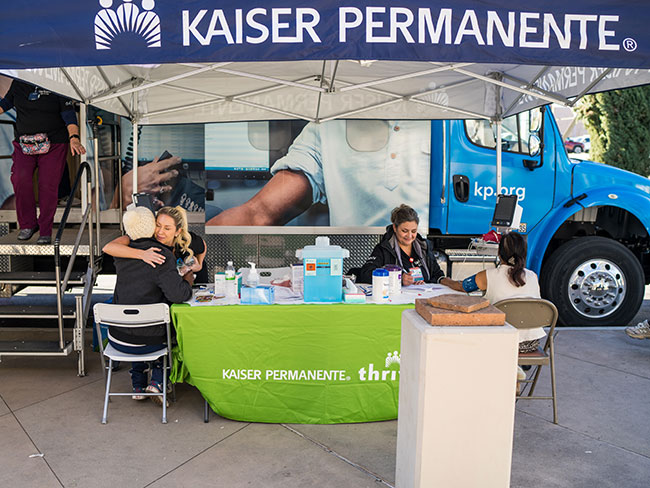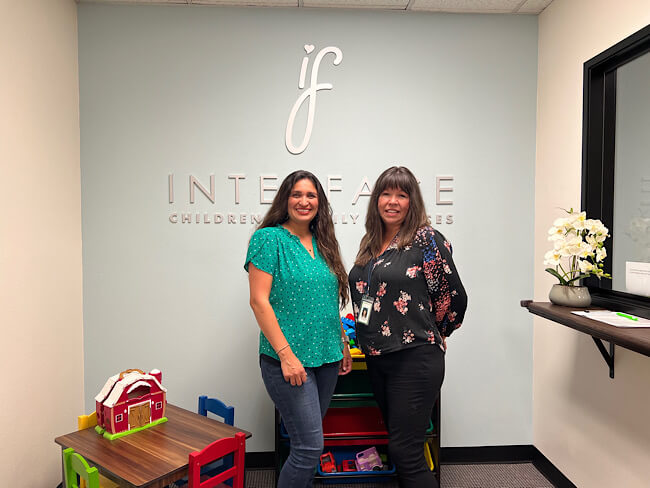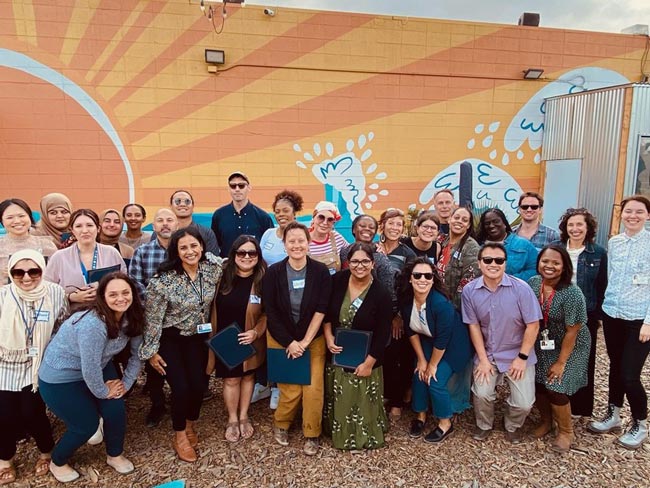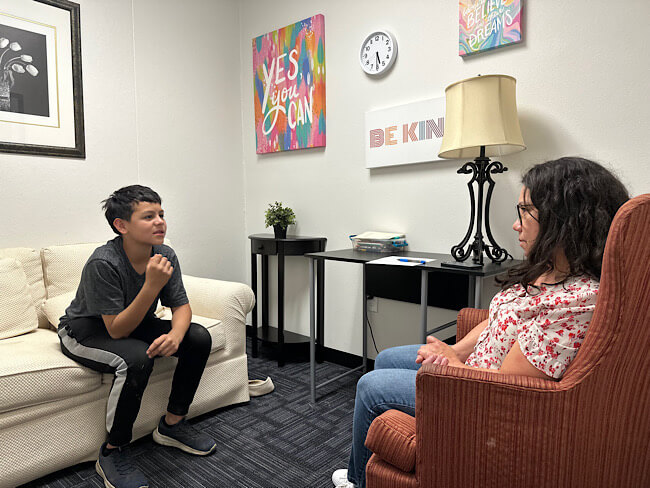Healing the human spirit
Kaiser Permanente strives to support survivors of sexual violence.
More than half of women in the United States have experienced sexual violence, but it can happen to anyone regardless of gender, age, race, or socioeconomic status.
Sexual violence — defined as any forced, non-consensual sexual activity — is highly stigmatized. Survivors of sexual assault have been accused of inviting violence with their clothing, language, actions, and inactions, and they are frequently subjected to victim blaming, shame, and dismissiveness. This, in turn, can create fear and reluctance to come forward or ask for help.
But we know that survivors of this violence are never at fault. Contrary to popular belief, sexual violence is not driven by sexual desire, but rather, it stems from hostility and a desire to exert power and control over another person. One key way to prevent it — and other forms of abuse — is to educate care teams and communities, provide trauma-informed care, and intervene early to stop the cycle of abuse.
Survivors of any kind of abuse or trauma can rest assured that our mental health care teams practice trauma-informed care. That means meeting survivors where they are emotionally and providing a safe, non-judgmental space for them to speak about their experiences and heal. Kelley Martinez, LCSW, RPT-S
Educating our care teams
As part of our Family Violence Prevention Program, which is in place at our facilities throughout California, Kaiser Permanente employees and physicians have access to resources to help them identify warning signs and ask about child abuse, intimate partner violence, elder abuse, human trafficking, and sexual assault. Screenings for various types of abuse occur during routine exams and prenatal care visits in ob-gyn departments and well-child visits in pediatrics and family medicine in Southern California. Kaiser Permanente care teams can provide members and patients in need with information and other resources to help them find housing assistance, legal aid, and more.
Speaking proudly about Kaiser Permanente’s patient care, Kelley Martinez says, “Survivors of any kind of abuse or trauma can rest assured that our mental health care teams practice trauma-informed care. That means meeting survivors where they are emotionally and providing a safe, non-judgmental space for them to speak about their experiences and heal.”
Spreading awareness in our communities
At Kaiser Permanente, we are proud of our care teams’ education and awareness, which reflects our commitment to improve the health of our communities. In Southern California, we recently hosted our sixth Family Violence Prevention Symposium, where we met with partners in higher education, law enforcement, community organizations, and other health care systems to share knowledge and best practices about caring for survivors of family violence.
Additionally, Kaiser Permanente in Southern California is a longtime supporter and participant in awareness campaigns like Denim Day, which honors survivors of sexual assault and challenges harmful misconceptions about sexual violence.
We know that we can’t prevent bad things from happening to our patients and members. But our experiences are not our destiny. Rosemary Beltran, LCSW
Ending the cycle and healing our communities
Research has shown that people who undergo more adverse childhood experiences are more likely to engage in or become survivors of violence. But, according to Rosemary Beltran, these statistics don’t account for the strength and resilience that can be fostered through early intervention and prevention efforts.
“We know that we can’t prevent bad things from happening to our patients and members. But our experiences are not our destiny. There is a lot of resilience and capacity to heal in the human spirit. By intervening early when we see signs of violence, we can work to prevent future instances of violence,” said Beltran.
Kaiser Permanente is investing in growing our mental health workforce and our network of external community-based providers to ensure timely access to care. We are also advocating for policies that allow for early intervention and behavioral health care in our communities. We are committed to working to create safer, healthier, and more supportive communities for all.






